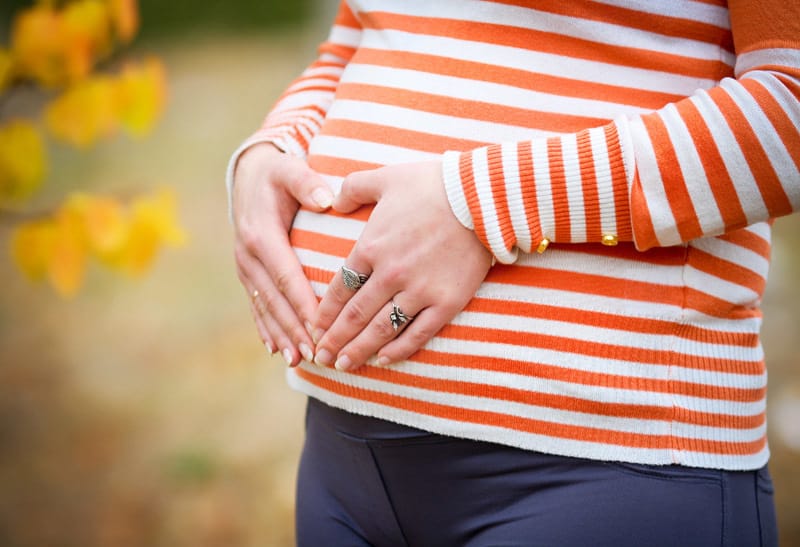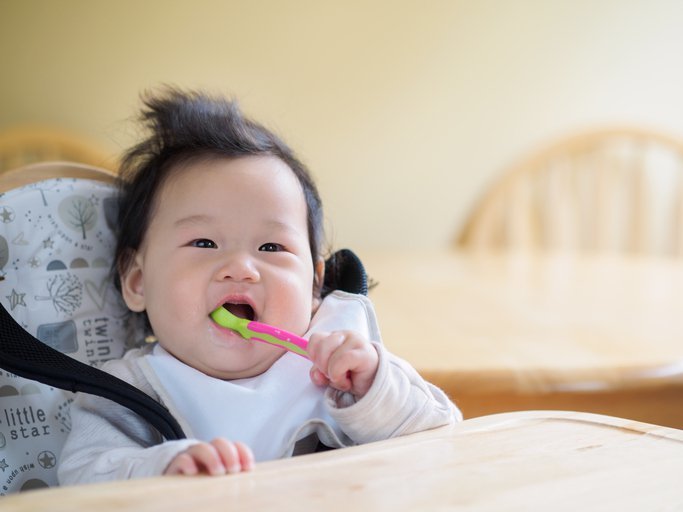Contents:
- Medical Video: Sperm Count | Nucleus Health
- Some problems during young pregnancy
- 1. Bleeding
- 2. Nausea and vomiting
- 3. High fever
- 4. Leucorrhoea
Medical Video: Sperm Count | Nucleus Health
Young pregnancy is a critical period in which this is the beginning of the formation of a fetus. Pregnant women also still have to adapt to their new conditions where there are many changes in the body of pregnant women. Not only that, various problems can occur when young pregnant women. So, pregnant women must pay more attention to their condition and pregnancy.
Some problems during young pregnancy
Changes during pregnancy make pregnant women experience problems during young pregnancy. This problem is usually not a serious matter. However, if not handled properly, it does not rule out the possibility that this problem becomes a serious matter and can interfere with fetal development.
Some problems that can occur during pregnancy are:
1. Bleeding
Bleeding early in pregnancy is normal. This can occur at a mild to severe level. Usually, bleeding is also accompanied by pain in the lower abdomen and on the back. These symptoms do not mean you have a problem in your young pregnancy.
However, bleeding during young pregnancy can also be a sign of miscarriage or an ectopic pregnancy. Bleeding which is a sign of miscarriage is usually accompanied by abdominal cramps that are very severe and the tissue or water that comes out of the vagina. Miscarriage can occur because the fetus cannot develop normally.
Whereas, bleeding which is a sign of an ectopic pregnancy is usually accompanied by a very sharp abdominal pain. Ectopic pregnancy occurs when a fertilized egg sperm develops outside the uterus, so the egg cannot develop into a fetus. It is best to see your doctor immediately if you feel abdominal pain or experience signs of shock (such as wrinkles, low pulse and dizziness), because this is a sign that an ectopic pregnancy has decayed.
2. Nausea and vomiting
You also usually feel nausea and vomiting during young pregnancy. Almost all pregnant women experience this. This problem will not affect the growth of your baby and will usually disappear at 12-14 weeks' gestation. If you can handle it properly, nausea and vomiting may not be a serious problem for you in early pregnancy. However, severe nausea and vomiting can also interfere with your pregnancy. This can cause you to experience weight loss, fatigue, dehydration, and electrolyte imbalances in the body.
It is best to consult your doctor immediately if you experience:
- Repeated vomiting very often
- Blood out when vomiting
- The urine color is darker and does not urinate for more than 8 hours
- Vomiting after eating and drinking
- Feel very weak, dizzy, or want to faint when standing
- Abdominal pain
- Fever
- Faster heartbeat
3. High fever
Young pregnant women can also experience fever problems. Fever in early pregnancy can be a sign of a more serious problem. However, sometimes a fever may also only be caused by flu.
High fever in early pregnancy can be associated with the risk of the baby experiencing birth defects or neural tube defects, because the baby's nerve tube is formed during the first trimester of pregnancy. Body temperature that increases during pregnancy and is accompanied by a rash and muscle aches can also be a sign that you have an infection, such as cytomegalovirus (CMV), toxoplasma, and parvovirus infections. This infection can certainly affect the baby in the womb.
If you experience a high fever without being accompanied by a cold and flu during pregnancy, you should immediately consult your doctor.
4. Leucorrhoea
Your vaginal discharge is also normal when you are pregnant. However, severe vaginal discharge can also be a sign of infection or a sexually transmitted infection. Be careful, this can affect the growth of your baby in the womb. You should see your doctor immediately if you experience vaginal discharge that has a strange smell, color, vaginal itching or pain.












